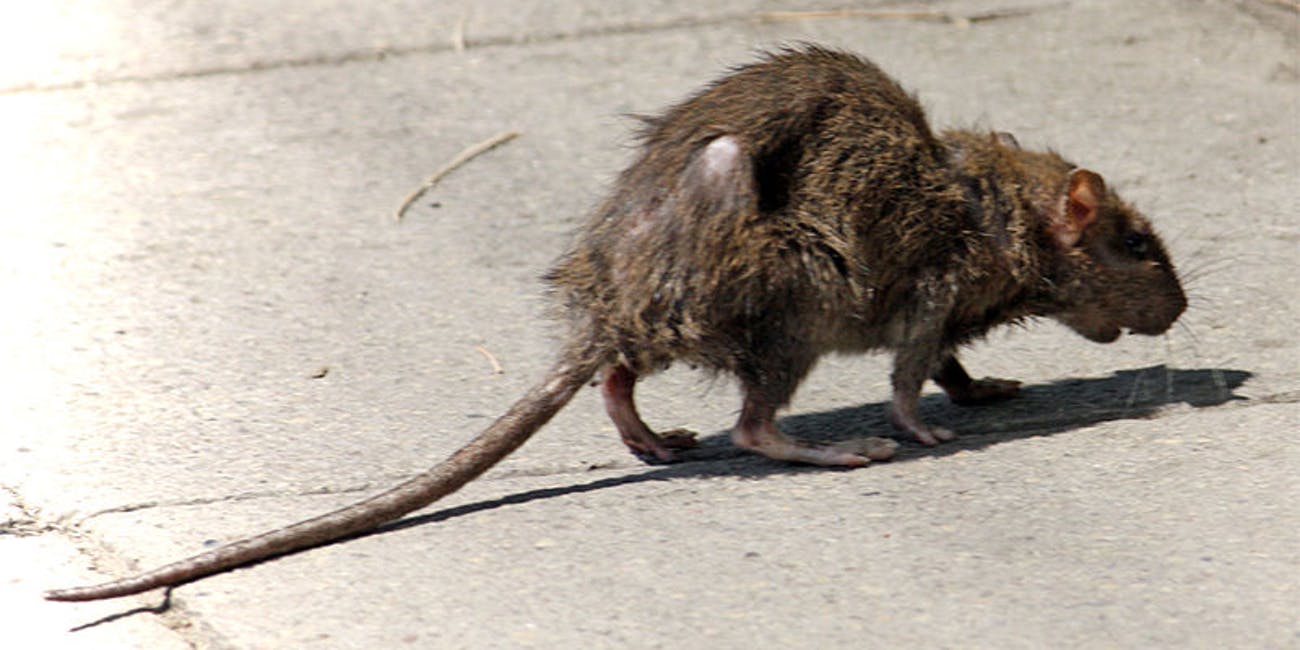Rodent-borne diseases (rats)
Rodent-borne diseases (rats)

The bites, scratches, or contact with the urine or faeces of rats are common ways to get one of the many illnesses these pests carry. These infections may have major consequences for human health.
The CDA released a statement highlighting the top 10 illnesses spread by rats, however we will just cover the most prevalent ones below.
Leptospirosis
People who ingest food or water tainted with the urine of infected animals are at risk of contracting this potentially fatal bacterial illness, as do those who work or engage in sports in locations where there is polluted water or soil, particularly in the tropics of the globe.
This illness has potentially fatal symptoms. Kidney failure, liver failure, meningitis, and even death are all possible outcomes. Reduce your family’s exposure to potentially infected food, drink, or soil, and get rid of any mice you find in your house to avoid getting leptospirosis.
Sickness Caused by the Hantavirus in the Lungs
Direct contact with mice, their urine or faeces, or even, less often, rodent bites, may cause an infection of the illness known as hantavirus, which is found across the Americas. This illness may be avoided if preventative efforts are taken to eliminate pests and rodents. Also, keep in mind that many other kinds of mice, including deer mice, white-footed mice, cotton mice, and rice mice, carry the virus that ultimately results in sickness.
Cancer of the Chorionic Gonadotropin-Releasing Lymphocytes (LCMV)
Transmission of the virus that causes this illness occurs mostly via the urine and droppings of infected rodents, most often the house mouse (Mus musculus), but sometimes by bites and inhalation of contaminated dust. The sickness causes inflammation of the medullary and cerebral membranes.
Eliminating house mice is an important step in preventing this deadly illness. The presence of mice may be detected by looking for evidence of mice, such as droppings or urine. Signs of their existence, such as holes chewed in wood, plastic, or wire, may also be found in dark places like the basement.
Tularemia Caused by a Rat Bite
Haverhill fever, also known as rat bite fever, is a bacterial infection spread by contact with infected rodents (via bites or scratches) or contaminated water or food.
Disease symptoms include high body temperature, nausea and vomiting, headache, muscular and joint discomfort, and a rash. A fatal outcome is possible if the condition is not addressed. That’s why it’s important to get rid of rats in your house if you want to lower your chance of becoming sick, and to see a doctor if you start showing symptoms of disease or if you’ve been scratched or bitten by a rodent.

